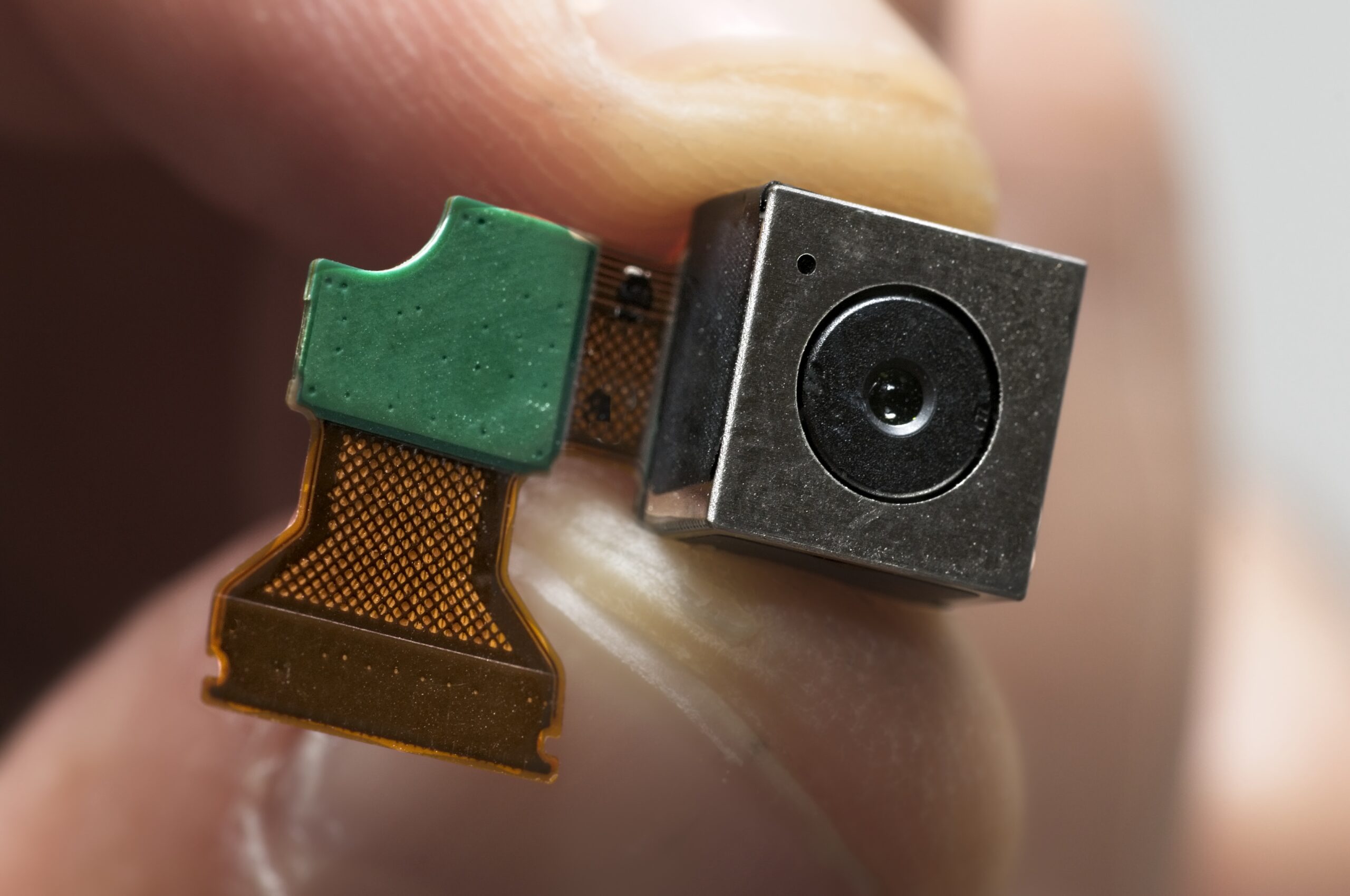Why Corporations Hire Private Investigators
Most people imagine covert stakeouts or dramatic personal cases when they picture private investigators. But in the business world, the role of private investigators is far more strategic — and increasingly essential. Today, corporations are hiring private investigators in Australia to tackle various serious issues, from internal misconduct and employee fraud to asset protection and due diligence checks. Corporations have reputations to uphold, finances to protect, and compliance to maintain to the letter — so they owe it to themselves to check their key concerns, if only for their peace of mind.
Working with seasoned investigative professionals has become a proactive step toward safeguarding operations. Whether it’s confirming suspicions or avoiding risk altogether, private investigators are helping Australian businesses make informed decisions with confidence. Want to take advantage of this sort of safeguarding? Explore the services offered by NSI’s private investigators to find out how your organisation can benefit from discreet, professional support.
What Private Investigators Can Legally Do
When companies engage professionals for corporate investigations in Australia, they’re not turning to shady or covert operations — they’re tapping into a legitimate, strategic resource. Understanding what private investigators can legally do can reassure business leaders that they’re operating well within the law when protecting their organisation.
Licensed investigators are permitted to conduct surveillance in public places, such as monitoring an employee suspected of moonlighting (aka having a second job) or violating non-compete agreements. They might track movements, record video evidence, or document regular attendance at a competitor’s premises, which can be enough to catch moonlighters in the act. An investigator can also run background checks and integrity screenings, and these services are often carried out throughout the recruitment process or before entering into high-value partnerships. This process is a lawful and reasonable way to avoid costly errors and maintain trust. When investigators perform these checks, they verify identity, employment history, education, qualifications, and financial records. They will also review criminal or civil litigation history.
Investigators are also skilled in asset tracking and document verification, helping businesses uncover hidden assets or validate financial or legal documents. They may check public records to ascertain asset ownership, look into company structures thoroughly, or determine whether specific contracts or certifications are as authentic as they appear. With investigators working for them, insurers and employers can put fraudulent claims to rest once and for all, having their suspicions either confirmed or disproved using the evidence gathered. This process could include surveillance of alleged injuries that are reviewed by medico-legal doctors, interviewing witnesses, or analysing discrepancies in documentation — all of which help ensure legitimate claims are honoured and false ones are exposed.
In all these cases, private investigators act within the bounds of Australian privacy and surveillance laws. They are not enforcers, but data gatherers: an essential part of a company’s broader risk management strategy.
For completely ethical, legal, and goal-oriented investigations, work with experienced professionals like NSI’s corporate investigators. Our team is licensed in NSW and ACT, ideal for Sydney, Parramatta and Canberra-based investigations.
What Private Investigators Cannot Do
Private investigators can do a lot, but there are specific legal boundaries they cannot cross. Understanding the legal limitations of private investigators is necessary for protecting your business and avoiding unintended legal consequences.
Investigators cannot conduct surveillance inside private property without consent. Filming through windows, planting recording devices in someone’s home, or trespassing for footage is illegal and inadmissible as evidence. Similarly, they cannot hack into emails, tap phones, or monitor private digital communications without authorisation — these activities breach Australian privacy and cybercrime laws.
Something to consider is that clients also share the legal limitations of private investigators. So, if you were to instruct or encourage an investigator to break the law, police could hold you liable alongside your PI. Hiring a licensed, ethical investigator is not only a legal necessity — it’s a professional safeguard.
A reputable PI will operate transparently, inform you of what’s permissible, and be clear about anything that could expose you legally. If you’re unsure about your chosen investigator, you can always check that their licence is valid in your state or territory.
The Australian Law Reform Commission’s report on private investigators contains more information about privacy laws.
Privacy Laws: How They Work in Corporate PI Work
If hiring a PI, you should first acquaint yourself with how privacy laws for private investigators apply, especially in a corporate context. Investigators must comply with the Australian Privacy Principles, which regulate how personal information is collected, used, and stored.
In practice, investigators can observe public behaviour — for example, monitoring an employee outside the workplace — but cannot access internal emails, private messages, or company systems without proper authorisation. These boundaries are where corporate surveillance laws come into play, distinguishing legal observation from illegal data collection.
Some legal exemptions may permit data gathering — for example, establishing or defending a legal claim may render this necessary. However, if such an action must take place, investigators have to manage it securely, making sure that all collected information is relevant, proportionate, and in accordance with privacy laws.
Before engaging, corporate leaders should vet investigators’ credentials and data handling policies. Doing so protects the subject’s rights and your company’s liability and reputation.
For more information, visit the Australian Institute of Professional Investigators.
Private Investigator Ethics
Conducting unethical investigations means likely losing the case and damaging your reputation. Ergo, private investigator ethics are mandatory in today’s regulatory and reputational landscape. An unethical approach to surveillance or data collection can land your business in hot water legally — or in the news headlines for all the wrong reasons.
Red flags include investigators who only accept cash, lack a clear reporting structure, or refuse to record what they find. These behaviours suggest a lack of accountability and could expose your company to liability if challenged later. Partnering with a professional, licensed investigator is non-negotiable for organisations aiming to protect brand equity and comply with governance standards.
Ethical investigators follow clear protocols, operate transparently, and typically adhere to professional codes and licensing requirements. Their work must withstand internal scrutiny and, if necessary, legal review, making ethics not just a principle but a practical necessity.
Hiring a Private Investigator in Australia
From high-stakes partnerships to internal risk mitigation, there are many scenarios where hiring a private investigator in Australia is a smart business move. Corporate investigation examples often centre on due diligence — verifying a potential partner’s claims, financial stability, and legal standing before committing to a deal. In this context, a licensed PI helps prevent costly mistakes and reputational fallout.
Investigators also play a vital role in uncovering internal theft, data leaks, or employee misconduct. When suspicions arise, objective evidence is essential to support HR or legal decisions. In other cases, private investigators can confirm or disprove false compensation or harassment claims, saving businesses from unjustified payouts or public damage.
Another key area is intellectual property (IP) protection. Investigators can track misuse of proprietary materials, monitor competitors, and identify leaks of confidential information. These efforts help preserve competitive advantage and reinforce compliance with confidentiality agreements.
Ultimately, engaging a PI involves aligning with your broader risk management and governance strategy. The return on investment lies in early issue detection, reduced liability, and maintaining corporate integrity.
Get the Facts Before You Hire Private Investigators in Australia
Hiring private investigators in Australia is a legitimate and strategic approach to managing corporate risk, but only when done within the boundaries of the law. Hiring professional investigators is a strong move for your business, whether for due diligence or fraud detection.
Ensure your investigation is professional, ethical, and legal. NSI’s team of licensed private investigators delivers compliant, results-driven insights for corporate clients across NSW and the ACT.




